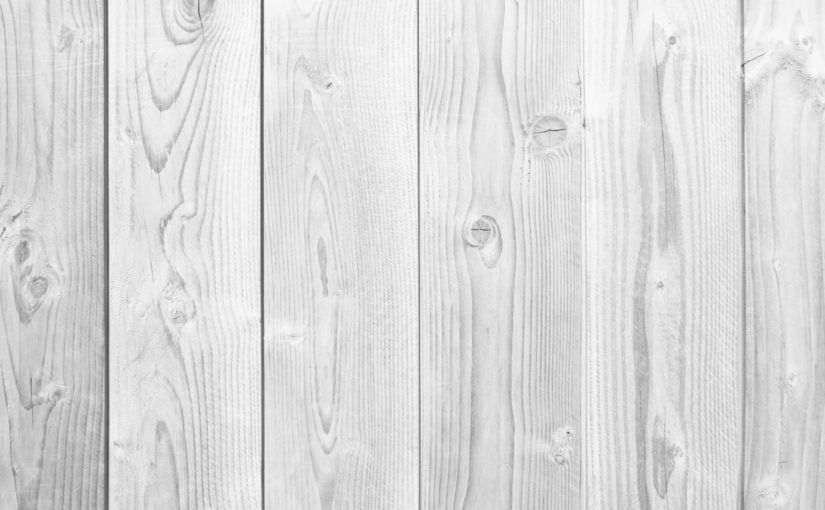It is a snapshot of one white, straight, cis-gendered male’s approach to white male privilege in the context of the 2017 election in Aotearoa New Zealand.
So why post it? There are many better resources out there, authored by people who experience the sharp end of privilege.
I’m sharing this because we are approaching a tipping point. Awareness of privilege is higher than at any point in history, simply by the diffusion of communication channels. However, cultural pushback is also on the rise, as people struggle with specific understandings and (often incorrect) assumptions about privilege.
The filter bubble is usually blamed for this – but that blame perpetuates another misconception: that filter bubbles are absolute.
In most cases, our self-selected groups do overlap, in small but significant ways: and here is where the work of allies is vital. My voice on this is not as important as the voices of those affected. But my silence would be taken as assent to the status quo.
A few people have asked what I meant by “white male privilege” in my last post – and it’s telling about my own biases and filter bubble that I took the phrase for granted.
In some ways, privilege is an unfortunate term because it is ambiguous. In the context of white privilege, we’re not talking about people strutting around savouring gold-plated cigars – that’s a whole different problem.
White privilege in Western-majority countries, as defined by numerous studies on unconscious bias and equity, is about the disadvantages you don’t encounter by being born into a dominant cultural group.
You’ll never be pulled over by the police because you’re a white man driving. You’ll never have to fear that a wolf-whistle will escalate into an assault. You’ll never be subjected to “jokes” about claiming back people’s land, or reparations. You’ll never have to fear that you’ll be labelled a bitch for being too assertive in that meeting.
It’s about the luxury of being able to call yourself “colourblind” when every other segment of the population is constantly made aware of their skin colour, and when our collective biases have measurable negative effects on those demographics.
But more than these examples, and at its core, white privilege is about being able to see yourself as the norm, the default expression of humanity. It’s never really being othered, marginalised, in any context, because your whole life has taught you that you belong anywhere. That implicitly makes it harder to empathise with marginalised groups and individuals.
There’s no sin in being privileged. It’s often called invisible precisely because white males can’t see barriers that they don’t face. But if you’re convinced of its reality, I believe you have a duty: to listen, to try to understand and to ally yourself with those around you who do encounter such obstacles, and against the institutional and cultural constructs that penalise them.
Are there other forms of institutional and societal bias? Absolutely! We all, irrespective of race, gender, sexual orientation and philosophy, think using stereotypes and other mental shorthand. Many of these biases, when not critically appraised and factored for, have a similar tendency to cause harm. But as a dominant, visible problem in Aotearoa, that shapes the assumptions behind our public and especially our political discourse, I believe white male privilege has a lot to answer for.
If you prefer facts and figures to my generalised and imperfect synopsis, I’d recommend Google and Facebook’s Unconscious Bias workshop materials as a comprehensive introduction, along with the many independent resources, papers, books, articles, and infographics available with a quick search.
